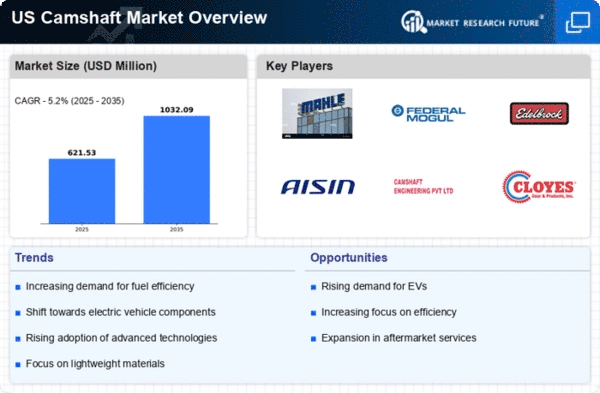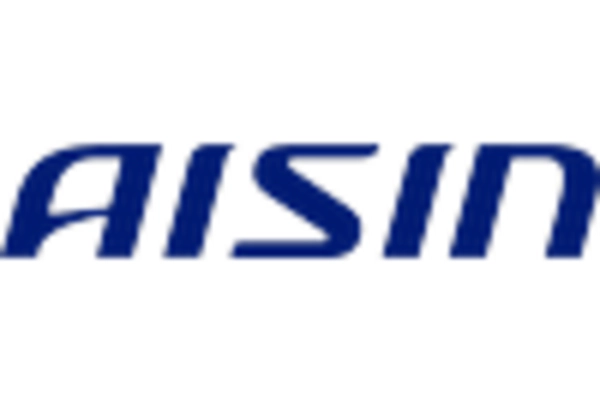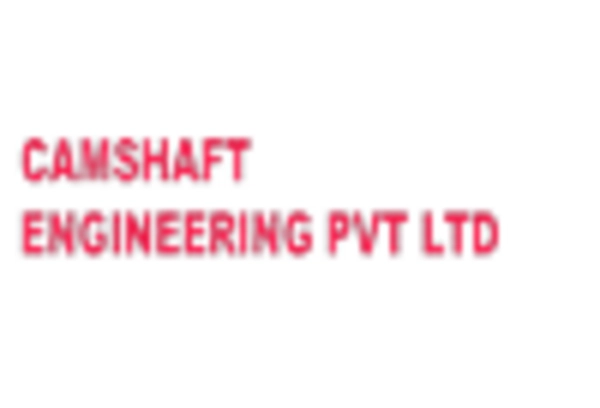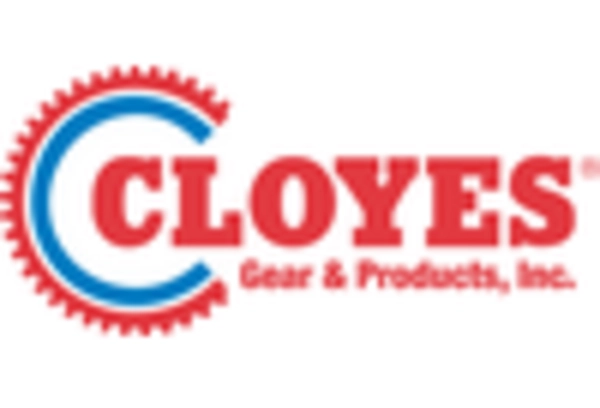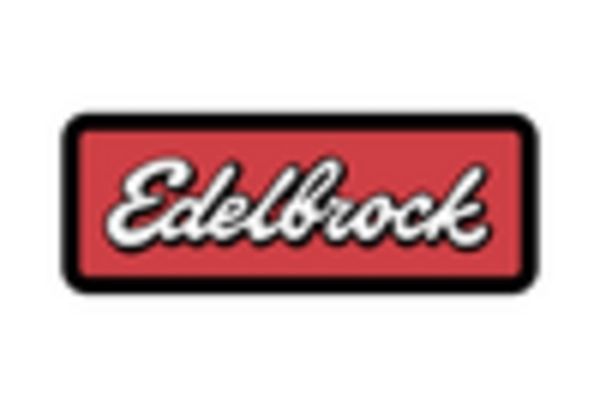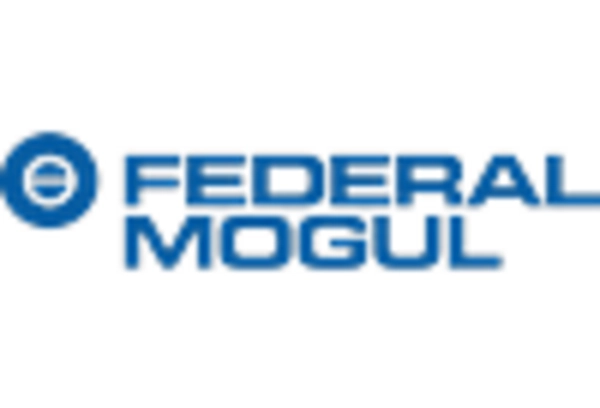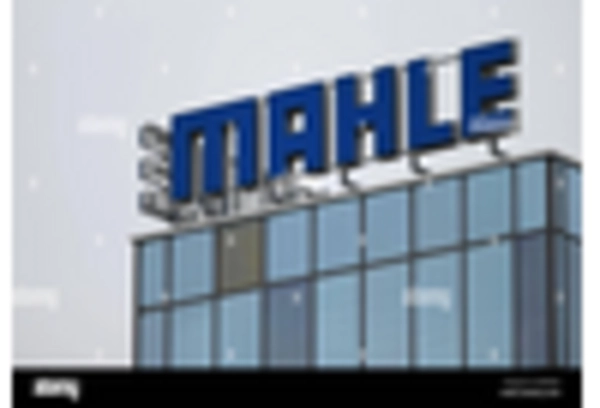Expansion of Aftermarket Services
The automotive camshaft market is further bolstered by the expansion of aftermarket services. As vehicle owners seek to enhance their vehicles' performance and longevity, the demand for aftermarket camshaft replacements and upgrades is on the rise. This trend is particularly strong in the US, where a significant portion of vehicle owners engage in customization and performance tuning. The aftermarket segment is expected to grow at a rate of 9% annually, contributing to the overall growth of the automotive camshaft market. This expansion indicates a robust opportunity for manufacturers to cater to the evolving needs of consumers.
Growing Demand for Fuel Efficiency
The automotive camshaft market is significantly influenced by the increasing consumer demand for fuel-efficient vehicles. As fuel prices remain volatile, consumers are more inclined to purchase vehicles that offer better mileage. This trend has prompted manufacturers to invest in advanced camshaft technologies that optimize engine performance. In 2025, it is estimated that vehicles equipped with advanced camshaft systems could improve fuel efficiency by up to 15%. Consequently, this growing emphasis on fuel efficiency is likely to propel the automotive camshaft market, as manufacturers seek to enhance their offerings to meet consumer expectations.
Rising Popularity of Performance Vehicles
The automotive camshaft market is witnessing growth due to the rising popularity of performance vehicles among consumers. Enthusiasts are increasingly seeking vehicles that offer enhanced power and responsiveness, which has led manufacturers to invest in high-performance camshaft designs. This trend is particularly evident in the sports car segment, where advanced camshaft technologies are essential for achieving optimal engine performance. As the performance vehicle segment expands, the automotive camshaft market is likely to benefit, with projections indicating a potential increase in market size by 12% by 2026.
Technological Advancements in Engine Design
The automotive camshaft market is experiencing a surge due to rapid technological advancements in engine design. Innovations such as variable valve timing and advanced materials are enhancing engine performance and efficiency. These developments are crucial as they allow manufacturers to meet stringent emission regulations while improving fuel economy. In 2025, the market for advanced camshaft technologies is projected to reach approximately $1.5 billion, reflecting a growth rate of around 8% annually. This trend indicates a strong demand for high-performance camshafts that can adapt to various engine configurations, thereby driving the automotive camshaft market forward.
Regulatory Compliance and Emission Standards
The automotive camshaft market is also driven by stringent regulatory compliance and emission standards imposed by government agencies. In the US, regulations such as the Corporate Average Fuel Economy (CAFE) standards require manufacturers to produce vehicles that meet specific fuel efficiency and emission criteria. This has led to an increased focus on developing camshaft technologies that reduce emissions while maintaining performance. As a result, the automotive camshaft market is expected to grow as manufacturers adapt their designs to comply with these regulations, potentially increasing market value by 10% over the next few years.


